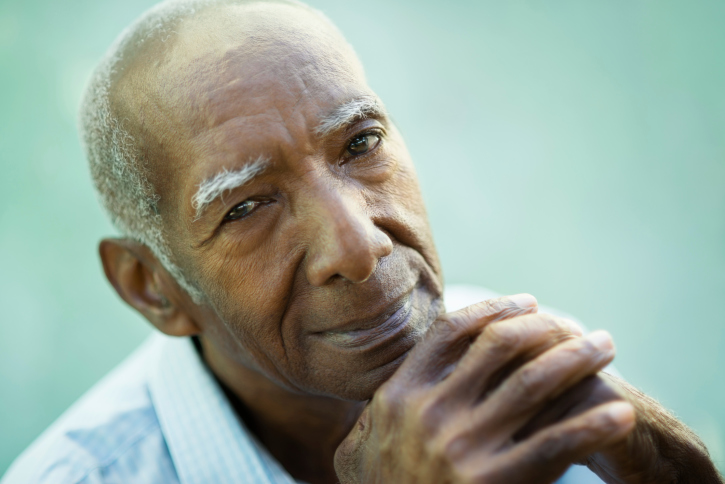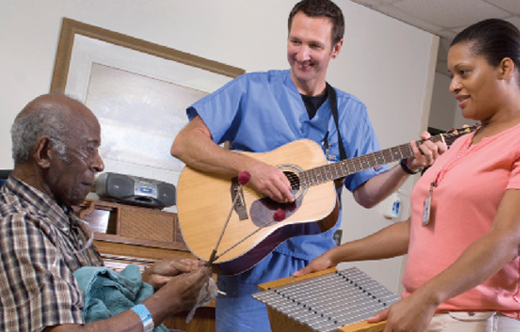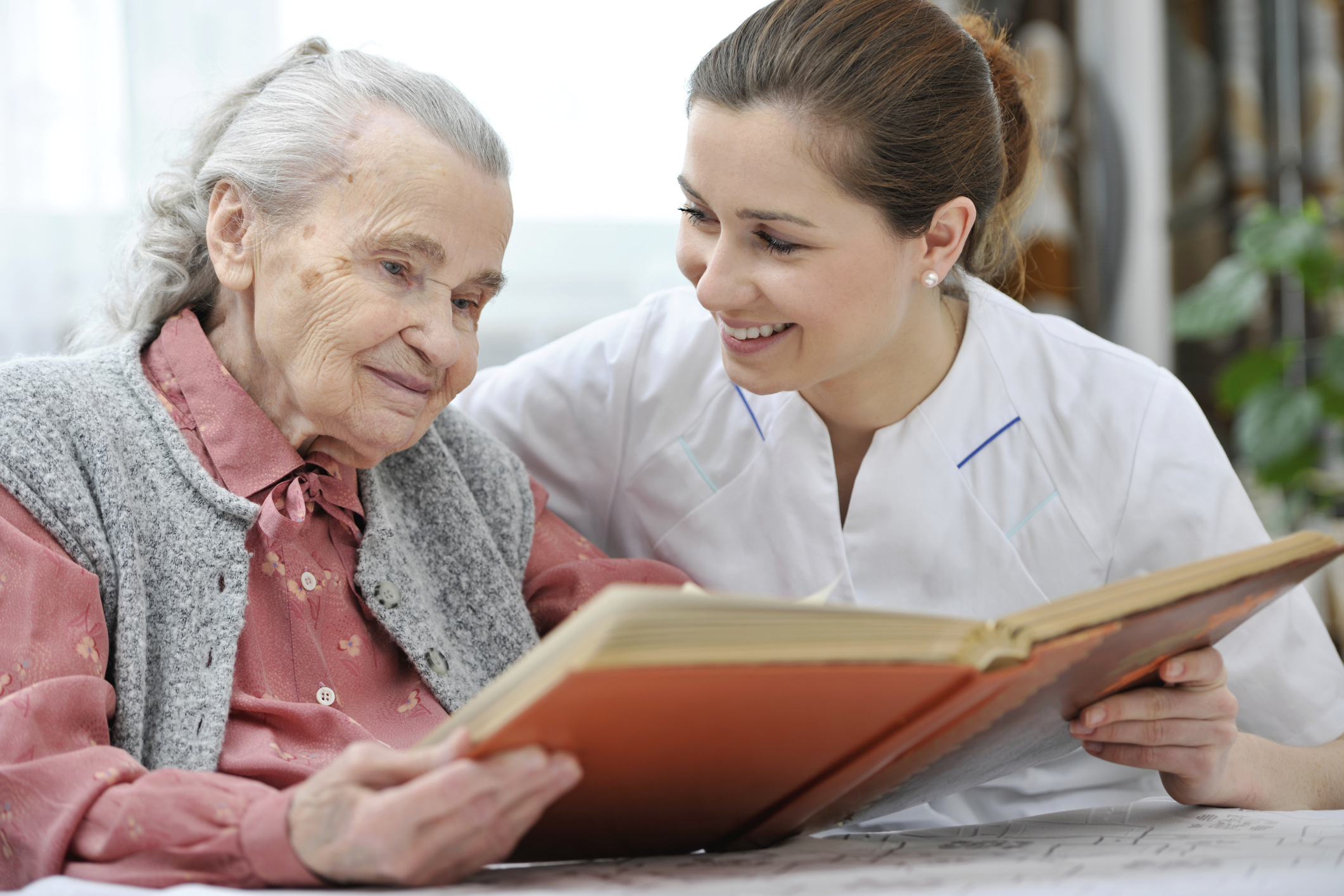 The holiday season ignites goodwill towards men, usually accompanied by familial stress. ACCFamily, being a strategic and enlightened caregiving company striving to keep families together, came across a great article on allaying stress during the Christmas season. The focus is on family caregivers, which is the target ACCFamily strives to help. Our hope is some of the advice is helpful and encouraging – you are not alone during this season.
Family Caregiver Alliance (http://www.caregiver.org/caregiver/jsp/content_node.jsp?nodeid=1039)
The holiday season ignites goodwill towards men, usually accompanied by familial stress. ACCFamily, being a strategic and enlightened caregiving company striving to keep families together, came across a great article on allaying stress during the Christmas season. The focus is on family caregivers, which is the target ACCFamily strives to help. Our hope is some of the advice is helpful and encouraging – you are not alone during this season.
Family Caregiver Alliance (http://www.caregiver.org/caregiver/jsp/content_node.jsp?nodeid=1039)
For many caregivers the holiday season gives rise to stress, frustration and anger, instead of peace and good will.
Caregivers may feel resentful towards other family members who they feel have not offered enough assistance. Managing care for someone who has a cognitive impairment may leave caregivers feeling that they will not be able to participate as fully as they would like in family gatherings. Already feeling overwhelmed with caregiving tasks, stressed-out caregivers may view traditional holiday preparations as more of a drain of precious energy than a joy.
Following are some suggestions that may help make the holidays more enjoyable for you and your loved ones. Keep in mind that the holidays can, in fact, provide unique opportunities to seek better communication, connection and support from family and friends.
An opportunity for communication
It’s hard to know how much to communicate about a loved one’s decline in cognitive functioning and personal care needs. Whom do you tell? How much do you tell?
Although it is understandable to have reservations about discussing a loved one’s impairments, honest communication about the realities of the caregiving situation offers others the opportunity to respond with assistance. Sharing the truths of your situation may help reduce some of the feelings of isolation and lack of appreciation common in caregivers.
Holiday greetings and a brief note
Some caregivers have had success in writing a brief note describing the person’s condition and enclosing it in a holiday greeting card. This can be a nonthreatening way to inform distant or uninvolved relatives about the realities of the caregiving situation. If written in a tone that’s not accusatory or guilt-inducing, family members may be more forthcoming with assistance or, at least, have a better understanding of the effort you are putting into providing care.
Let sleeping dogs lie?
It is common for caregivers to be disappointed with family members who they feel are not “pulling their weight” in caregiving responsibilities. If this holds true for you, and your goal is to enjoy the holidays, you must decide how much and when to communicate this disappointment. Consider clearing the air before the holidays or perhaps resolve within yourself to put those feelings on hold, with the intention to discuss the matter after the holiday season passes. In the meantime, enjoy the holiday!
Be clear about your energy level
Let family members know that your caregiving duties are keeping you very busy and that you only have so much energy for holiday preparation and hosting duties.
Accept the need to adapt
Caregivers often have to adapt their traditional role or experience of the holidays. This may mean allowing another family member to host more time-intensive festivities. You may need to modify the amount of time away from home to match the comfort level of your impaired loved one. You may also have to choose which events to attend based on which would be the simplest, least exhausting and most enjoyable for the person for whom you provide care—and for you.
The visit room
Don’t expect the person with cognitive impairment to be able to adapt to all situations; you may need to adapt the environment to their needs. See if you can arrange to have another room in the house designated as a quiet place for the impaired person. Many people with dementia find multiple conversations and background noise disturbing. To avoid this anxiety, the person may benefit from time in a quieter room with less stimulus where family members could take turns visiting with them.
Share your wish list
Respite: some caregivers ask for time off from caregiving duties as a gift for the holidays. This could mean another family member gives you a break. Sometimes asking for aSaturday off “in the next three months” is more accepted, as family members can then schedule it into their calendars. If this is not possible, perhaps they would consider paying for a home care worker or a stay at a respite facility. Your FCA Family Consultant can help you locate these resources in your area.
Home repairs: Do light bulbs need changing, or grab bars need installation? That maddening pile of junk in the garage needs to go to the dump? Tasks such as these may be the perfect way for a family member to help out if providing personal care is too uncomfortable for them.
Care for you! How about a gift certificate for a massage, facial or manicure? How about an opportunity to spend the day fishing or a walk in the outdoors?
Book your homecare worker early! Speak with your home care worker or home care agency early about your holiday plans!
Schedule one-on-one time
While caregiving, it is easy to get caught up in all the tasks of personal care and homemaking chores. Make a point of setting some time aside this holiday season to enjoy the person you care for in a relaxed, one-on-one context. The best activities are those which take advantage of long-term memory—usually less impaired in people with dementia. Try looking through family photo albums or unpacking holiday decorations, which may stimulate memories.
Reflect on the rewards
Reflecting on the rewards of caregiving can help maintain your self-esteem. It may feel very rewarding to know that you are fulfilling a vow or promise you have made to the person for whom you provide care. Your caregiving may be an expression of living up to your personal ideals or religious beliefs. You may also be experiencing a great deal of growth as you learn new skills and meet challenges in ways you never imagined possible.
A little thank you goes a long way
After the holidays, write a thank you note to family members or friends who spent time with your loved one. Emphasize the positive impact their visit or brief time spent with your loved one had on them. This may reinforce positive feelings from their visit and diminish any discomfort they experienced. They may then be more encouraged to visit again or be more supportive of your efforts.






 I read an interesting article today on Reuters.com titled How an Aging Population Could be Tonic for the Economy. It caught my attention and after several read throughs, I was encouraged. I'll provide the synopsis or you can read the article for yourself
I read an interesting article today on Reuters.com titled How an Aging Population Could be Tonic for the Economy. It caught my attention and after several read throughs, I was encouraged. I'll provide the synopsis or you can read the article for yourself 

 With the Baby Boomer generation’s age on the rise and closer scrutiny of nursing facilities and assisted living rampant on the news, it seems everywhere you turn there are discussions spawning over the topic of elder care, homes, caregivers, and alternative options. Care-giving, in particular, is a task that many families ‘accidentally’ fall into. One day a daughter is flowing in her daily routine; the next she is providing care for an aging relative. Family caregivers, in particular, while being ad mired either for financial frugality or patient love, walk a tired and forlorn path littered with many stresses.
With the Baby Boomer generation’s age on the rise and closer scrutiny of nursing facilities and assisted living rampant on the news, it seems everywhere you turn there are discussions spawning over the topic of elder care, homes, caregivers, and alternative options. Care-giving, in particular, is a task that many families ‘accidentally’ fall into. One day a daughter is flowing in her daily routine; the next she is providing care for an aging relative. Family caregivers, in particular, while being ad mired either for financial frugality or patient love, walk a tired and forlorn path littered with many stresses.